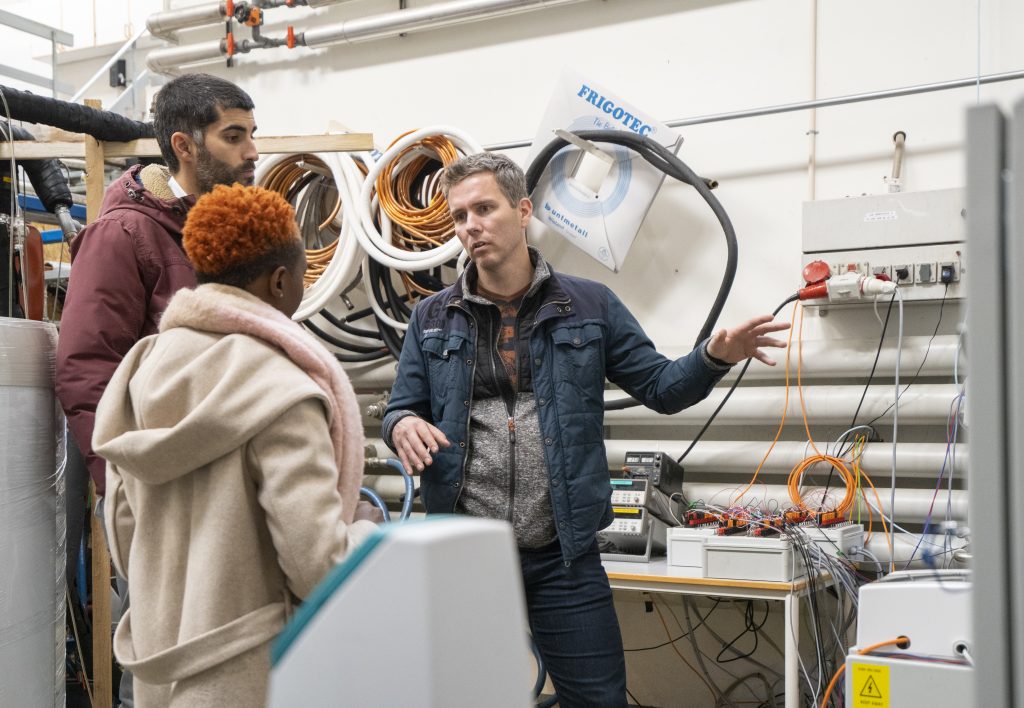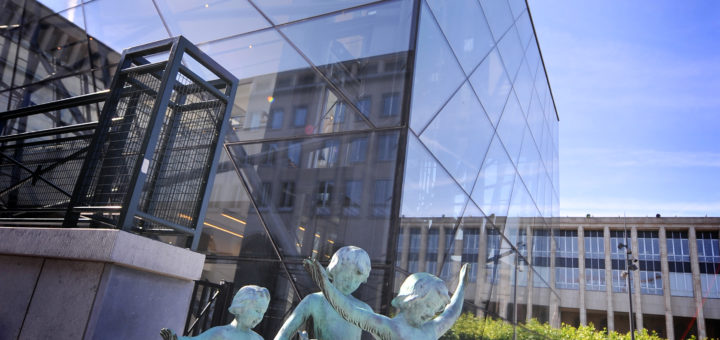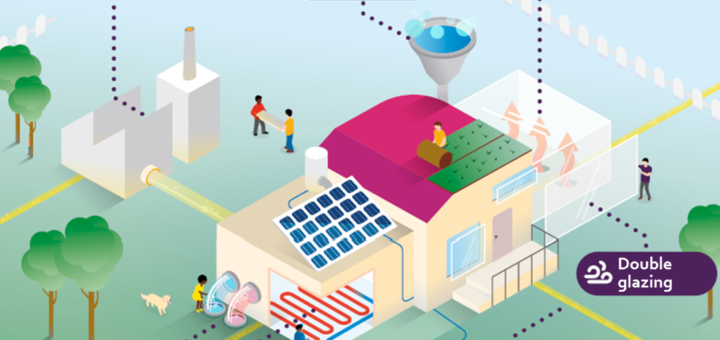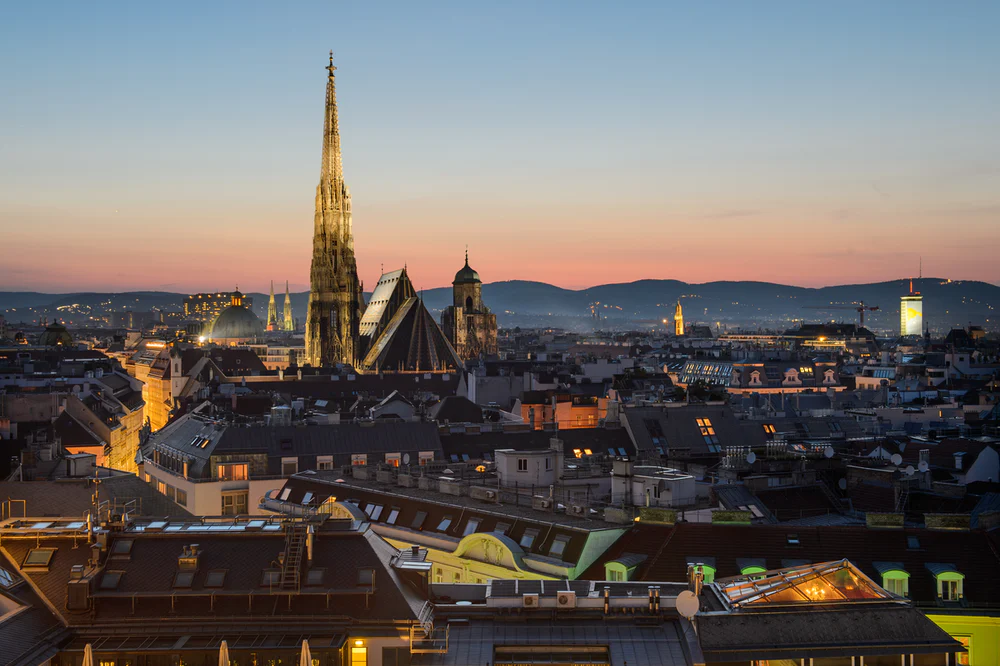The study focuses on the planning phase of nature-based solutions in cities, in which trade-offs have to be made between different options, such as the design, effectiveness, financial contributions from residents or participatory options. Based on the UPSURGE survey and choice experiment, the aim is to assist public participation processes in various countries, help planning teams define priorities and design governance measures which ensure long-term dedication to development plans.
Built environment
Tämän tutkimuksen tarkoituksena on tarkastella, miten Suomen ilmastopolitiikassa pyritään jakamaan kustannuksia eri ryhmien välillä ja mihin periaatteisiin tämä jako perustuu. Vihreä siirtymä aiheuttaa valtavia yhteiskunnallisia kustannuksia. Näiden kustannusten oikeudenmukainen jako on akateemisesti ja yhteiskunnallisesti yhä merkittävämpi keskustelunaihe.
The Generic Quantitative Risk Assessment report described implementation of a site soil survey and consequent contamination remediation action for the Lower Botanic Gardens (Belfast, UK). The exploratory site investigation was undertaken between October-December 2022, and comprised excavation of 28 soil samples and subsequent laboratory analysis for a common contaminant suite. Results confirmed contamination distributions linked to historical industry. Risk remediation actions were proposed for features with different levels of soil exposure.
The Preliminary Risk Assessment desk survey was produced prior to soil investigations on the Lower Botanic Gardens (Belfast, UK). Planning records revealed little site development over the past 200 years, but identified multiple local historical industry-linked contaminant sources that could contribute to soil contamination. Community growers and site developers were considered most at risk from ingesting or inhaling any contaminated site soil dusts.
Air pollution is a growing concern that continues to strongly affects cities worldwide, posing significant threats to both human health and the environment. Nature based solutions is an innovative approach that harness the power of nature and its inherent ability to filter, absorb and mitigate pollutants. In the frame of the Upsurge project, different NBS are being implemented to study their benefits with a focus on air quality and climate remediation.
A good practice assssment performed by the EU funded RES4BUILD project reveals that accelerating the uptake of Integrated Energy Solutions (IES) increasingly requires consideration of financial and social innovation to address non-technological barriers.
The Paris Agreement requires a global decrease in Green House Gas emissions by 2050 which requires input from cities. Research and Innovation (R&I) in European cities is described in this paper and explains the critical R&I actions in cities based on three pillars.
About 96% of all households in the Netherlands are heated using natural gas and is still the European Union’s largest natural gas producer. The demand for heat will have to be filled in another way than using natural gas and lot of existing buildings will need to be retrofitted. The transition will also have huge social implications, as it will affect the houses of seven million households in the Netherlands.
Austria will add additional financial means to the existing policy framework to reach their target value for primary energy consumption of 1050 PetaJoule in 2020 (compared to 1120 PJ in 2013). The case study has analysed whether energy efficiency improvement policies lead to overlaps with policies at the level of provincial governments and what this could mean for the effectiveness and efficiency of the policies.




